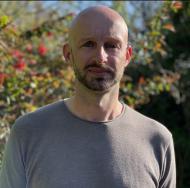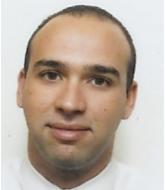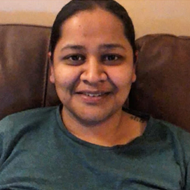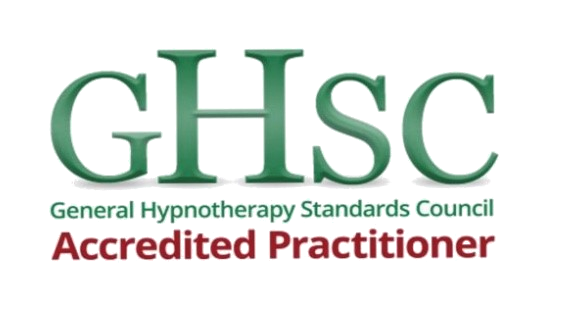CBT for Addictions
The terms substance abuse, addiction and dependence are often used interchangeably to describe unwanted symptoms and behavioural problems that come from the use of a substance or other habit. It is helpful, however, to distinguish between these terms.
Substance abuse generally means using something to excess in a way that interferes with personal responsibilities, relationships or social norms.
Dependence, often describes the chemical and physiological need for a substance to maintain normal physical and psychological functioning.
Addiction involves the effect of a substance or habit on normal behaviour and motivation.
Substance abuse often leads to dependence or addiction; however, it is possible to be chemically dependent without experiencing addictive patterns of behaviour, for example with certain medications.
The formal definitions for substance abuse and dependence are outlined below:
Substance abuse is defined as a pattern of substance use leading to significant impairment or distress, involving one or more of the following problems over a twelve-month period:
- Failure to fulfil major role obligations at work, school, or home.
- Frequent use of substances in situations in which it is physically hazardous.
- Frequent legal problems.
- Continued use despite having persistent or recurrent social or interpersonal problems.
Dependence is defined as significant impairment or distress, involving three or more of the following during a twelve-month period:
- Tolerance or markedly increased amounts of the substance to achieve intoxication or the desired effect, or markedly diminished effect with continued use of the same amount of substance.
- Withdrawal symptoms or the use of other substances to avoid withdrawal symptoms.
- Use of a substance in larger amounts or over a longer period than was intended.
- Persistent desire or unsuccessful efforts to cut down or control substance use.
- Involvement in chronic behaviour to obtain the substance, use the substance, or recover from its effects.
- Reduction or abandonment of social, occupational or recreational activities because of substance use.
- Use of substances even though there is a persistent or recurrent physical or psychological problem that is likely to have been caused or exacerbated by the substance.
In CBT we are primarily focused on the behaviours, thinking and emotional states that maintain the pattern of addiction.
When habit or substance abuse becomes an addiction, the balance tips and the individual loses control. The addiction takes over, not only affecting the individual, but their family, friends and their wider social and working environment. Over two million people are affected by addiction in the UK alone.
Addictions change the individual’s normal behaviour, emotional state, rational sense and physical health.
We tend to focus on drugs and alcohol when thinking about addictions; however, people can also become addicted to other chemical and non-chemical habits such as food, caffeine, gambling and porn.
The evidence demonstrates that CBT can be used to achieve abstinence and re-establish personal control, using the same learning processes that led to the addiction in the first instance.
CBT is used to gain an insight into the situations, actions and thoughts that maintain the addictive cycle. New coping strategies are implemented to replace old addictive patterns and fallback plans are developed to avoid future relapse.
You can complete a free online addictions assessment by clicking on the following link:
If you want to talk to an expert about managing substance abuse, an unwanted habit or an addictive problem, click here to contact us. You can find out more about our services by clicking this link and you can also take the free online addictions test by clicking this link to our assessment page.
Cognitive Behavioural Therapy for addictions brings the same rigor, structure and focus to the problem that it provides for many other psychological, emotional and behavioural problems.
Follow the evidence and take a positive step towards changing your situation.
Call us now on 01732 808626, click here to send a message or email us at info@thinkcbt.com.
Our Addictions Specialists




























































